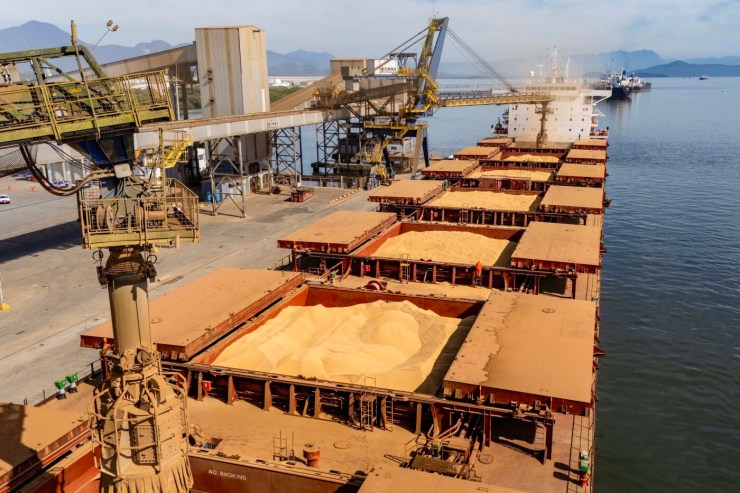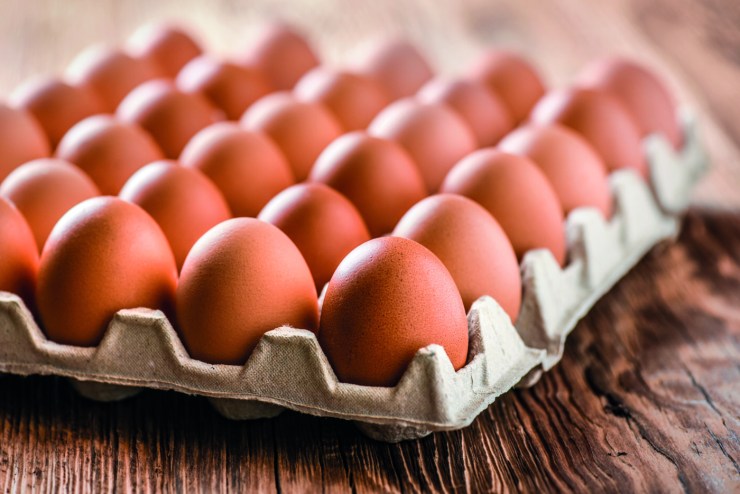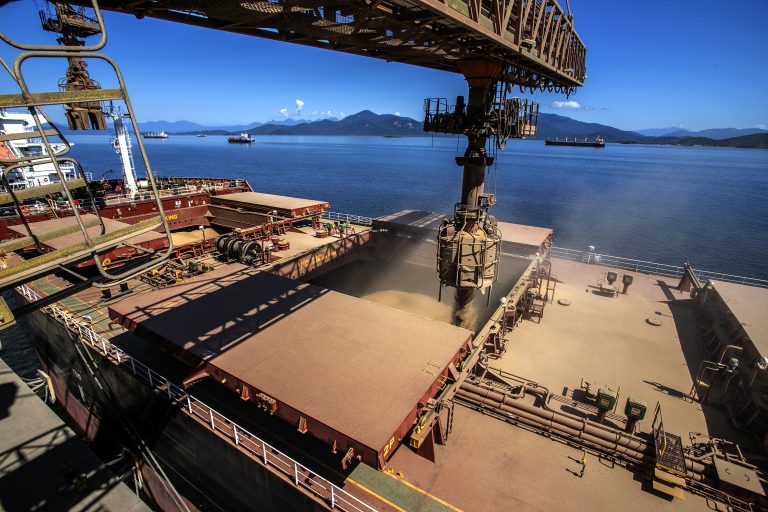The Complementary Bill that creates the Acredita Exportação Program was sanctioned on Monday (28) by President Luiz Inácio Lula da Silva. The measure was signed at a public event at the Planalto Palace, with the participation of ministers, parliamentarians and authorities.
In practice, the law, unanimously approved by the National Congress in early July, anticipates the effects of the tax reform, which only takes effect in 2027, to reduce costs for micro and small businesses that export products and services to other countries. This reduction will occur through the return of 3% of revenue from foreign sales made by this business segment, an amount corresponding to the portion of taxes paid throughout the production chain.

Photo: Shutterstock
The refund may occur through compensation for payment of other taxes due and through reimbursement of the amounts to the beneficiary.
In 2024, the universe of micro and small exporting companies, including individual microentrepreneurs (MEI), microenterprises (ME), and small businesses (EPP), represented 40% of the total number of exporters, that is, 11,500 companies out of the 28,800 that made foreign sales in the period. The data are from the Secretariat of Foreign Trade (Secex), of the Ministry of Development, Industry, and Commerce (MDIC).
Exports by these companies reached US$1.5 billion in the same year, mostly consisting of manufacturing products such as furniture, footwear, and clothing, accounting for 72.31 TQ of total exports by micro and small businesses. "Last year, we broke our export record. Brazil exported US$1.5 billion, with 28,847 exporting companies. Micro and small businesses account for almost 401 TQ of this total. That's almost 12,000 companies. But they represent 0.81 TQ of the [exported] value. That's not much. So, this project will boost small and micro businesses so they can export more, gain market share, become more competitive, and sell more abroad," highlighted Vice President and Minister of Development, Industry, and Commerce Geraldo Alckmin during the ceremony at the Planalto Palace.
The new law is valid from August 1st until December 2026. A decree regulating the standard was also issued by

Photo: Freepik
federal government to operationalize the tax benefit.
From 2027, the tax reform will come into effect, which ends the cumulation of taxes by unifying charges into a single dual Value Added Tax (VAT).
"With the tax reform, the cumulative nature of credits is eliminated, completely reducing the burden on investment and exports. There's a study by Ipea [Institute of Applied Economic Research] that shows that, in 15 years, the tax reform alone could increase GDP [Gross Domestic Product] by 12%, investment by 14%, and exports by 17%. However, the CBS [Contribution on Goods and Services] will come into effect in 2027, replacing the IPI, PIS, and COFINS. So, we're working to have it in effect this year until December of next year, because from 2027 onward, the CBS will come into effect," Alckmin explained.
Currently, there are 17 million MEIs (Individual Microentrepreneurs) in the country. From January to May, 2 million individual microentrepreneurs entered the market, along with another 7.5 million Simples (Simples). "Added together, that's 99% of CNPJs in Brazil. But these 99% export 1%. And the remaining 1% from large companies export 99%. If only everywhere were like that, but in some places it isn't. In China, for example, 65% of exports are sold by small businesses," highlighted the Minister of Entrepreneurship, Microenterprise, and Small Businesses, Márcio França.

Photo: Freepik
"The early return of this debt is a sign that you [President Lula] and we are making an effort to give these children a chance. Governing is about making choices. You have to choose somewhere, and you're choosing the children because the children need more help," França added.
According to the federal government, companies that opted for the Simples Nacional tax regime were historically unable to recover taxes paid in previous stages of the production chain. With the new law, approximately 50% of micro and small exporting companies now have access to this right.
To request the benefit, these exporting companies must access the Federal Revenue system and observe the rules set out in articles 57 and 58 of Normative Instruction No. 2,055, of December 6, 2021.




